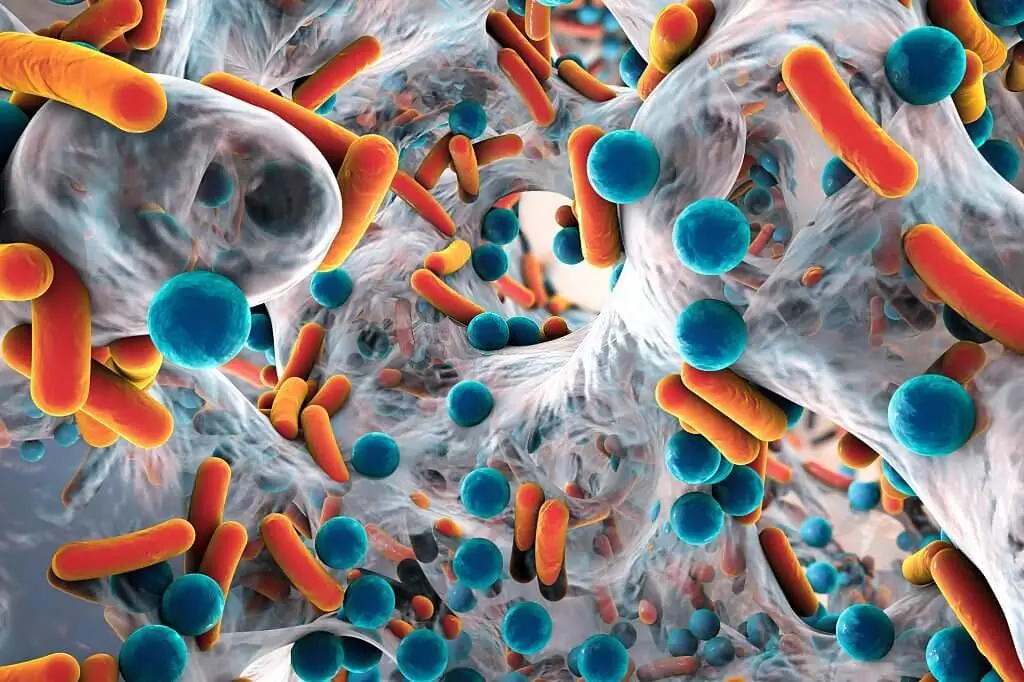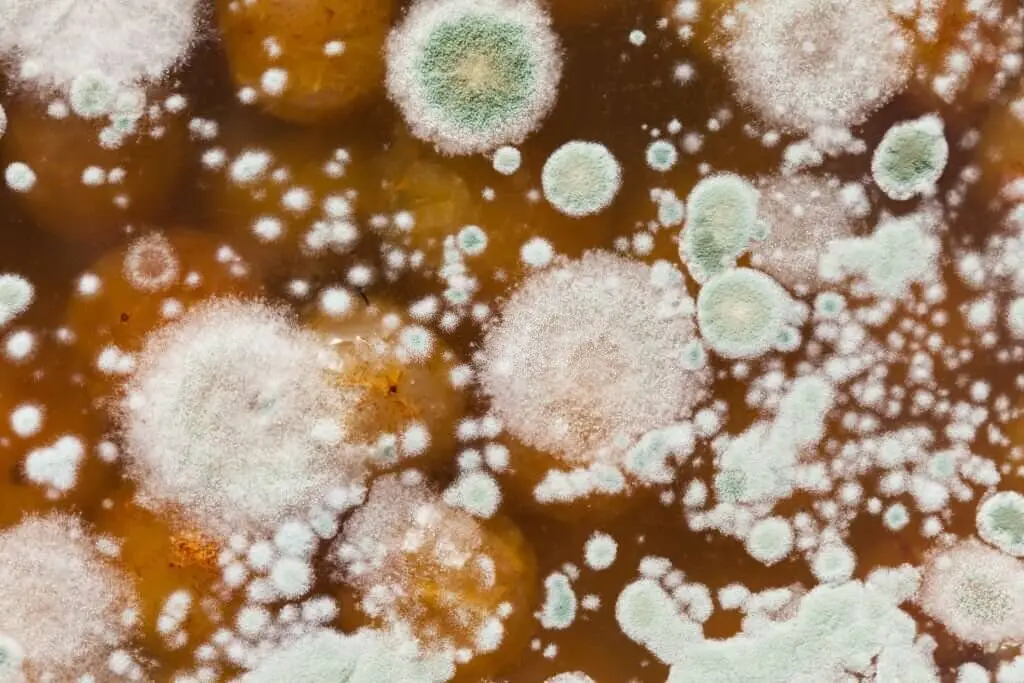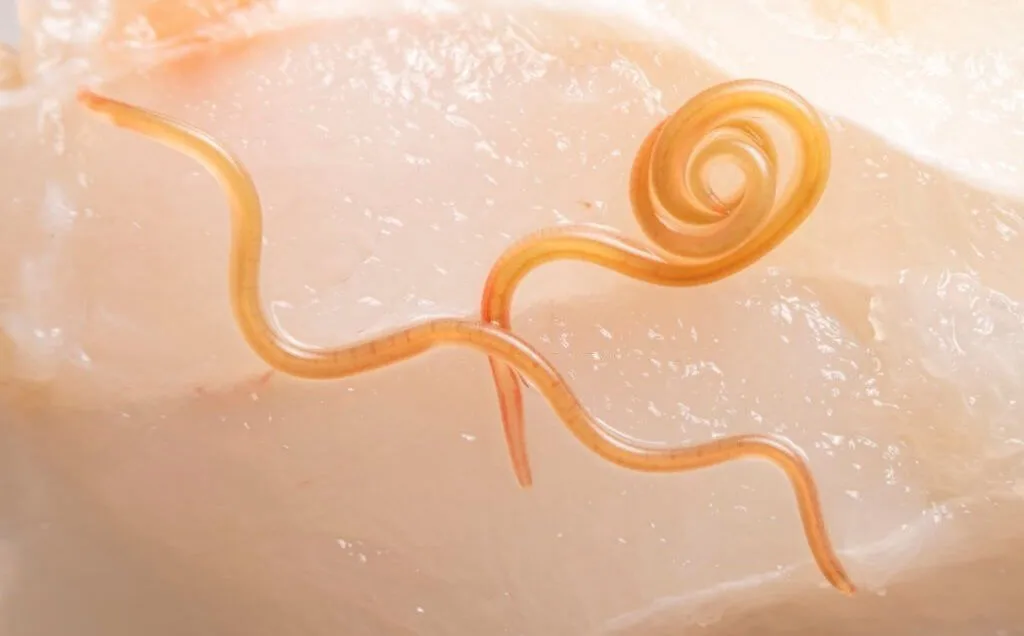Composting is a very natural process which involves breaking down organic materials into a substance which restores the nutrients of the soil and makes it fit for plant growth again and this process goes on and on. But this breakdown of organic material doesn’t take place all by itself like magic.
Table of Contents
At the heart of this process, the breakdown is a very long process which takes place due to activities done by micro-organisms like bacteria, fungi, and actinomycetes, inside the soil.
If you’re into composting, it’s essential for you to understand the value or importance of microorganisms and maintain their population in the compost. Which is not that hard if you maintain the proper conditions like a balanced carbon-to-nitrogen ratio, adequate moisture, and proper aeration.
In this blog, we’ll know about different micro-organisms which are found in compost, their roles and how you can optimize your compost to grow beneficial microorganisms in your compost pile.
Different microorganisms and their functions
Compost is a rich mixture of organic materials that have undergone decomposition through the action of various microorganisms.
When you see compost, it’s the work of a lot of different micro-organisms and worms working together to give you what you add to your plants for their good growth. The microorganisms commonly found in compost include bacteria, fungi, actinomycetes, protozoa, and nematodes. Let’s read about them:
Let’s see the role of each type of microorganism in the composting process:
Bacteria

These are the main organisms which lead to decomposition and are the most essential of all organisms. Bacteria break down organic materials you add like proteins, carbohydrates, and fats into simpler compounds which are then used by other microorganisms.
Bacteria also stabilize compost by converting nitrogen into ammonia and then into nitrite and nitrate. This process, known as nitrification, provides the necessary nutrients for plants to grow.
Fungi

Fungi produce some enzymes which degrade tough materials which further makes them accessible to other microorganisms. Woody materials like cellulose and lignin is broken down by fungi.
Fungi also stabilize the compost by forming a network of mycelium which binds the particles of compost together.
Actinomycetes

Just like fungus, actinomycetes are bacteria-like organisms which also help in breaking down tough and woody materials like cellulose and lignin. Other than this they also produce antibiotics which suppress the growth of harmful bacteria and fungi.
Protozoa

Protozoa is a single-celled organism which feeds on bacteria and other microorganisms which helps in regulating the population of bacteria and fungi making sure that compost proceeds at a steady speed.
Nematodes

Nematodes are small worm-like organisms which feed on bacteria, fungi and other microorganisms and break down organic matter. Their movements help in aerating the compost.
Role of Microorganisms in Compost
Microorganisms play a crucial role in composting, as they are responsible for breaking down organic materials into nutrient-rich soil amendments. The role of microorganisms in composting can be broken down into three main functions:
Microorganisms play a major role in the process of composting, they are responsible for breaking down the organic material that you add to the compost, we’ve divided the role of microorganisms in composting into three main functions:
Decomposition
Microorganisms like bacteria, fungi, and actinomycetes break down bigger and more complex organic materials into simpler forms. Sugar is usually broken down by bacteria and fungi while actinomycetes break down tougher materials like cellulose and lignin.
Mineralization
You can’t feed an apple to the plants. Plants consume minerals in very basic forms. Microorganisms break down complex matter into simpler forms which plants can consume like nitrogen, phosphorus, potassium, and other minerals that plants need to grow.
Stabilization
As the decomposition of organic material comes to an end, microorganisms also stabilize the compost by reducing the Carbon-Nitrogen ratio of the compost and creating a more balanced and nutrient-rich environment. This is usually the final product which can be used with the soil to provide plants with nutrients.




